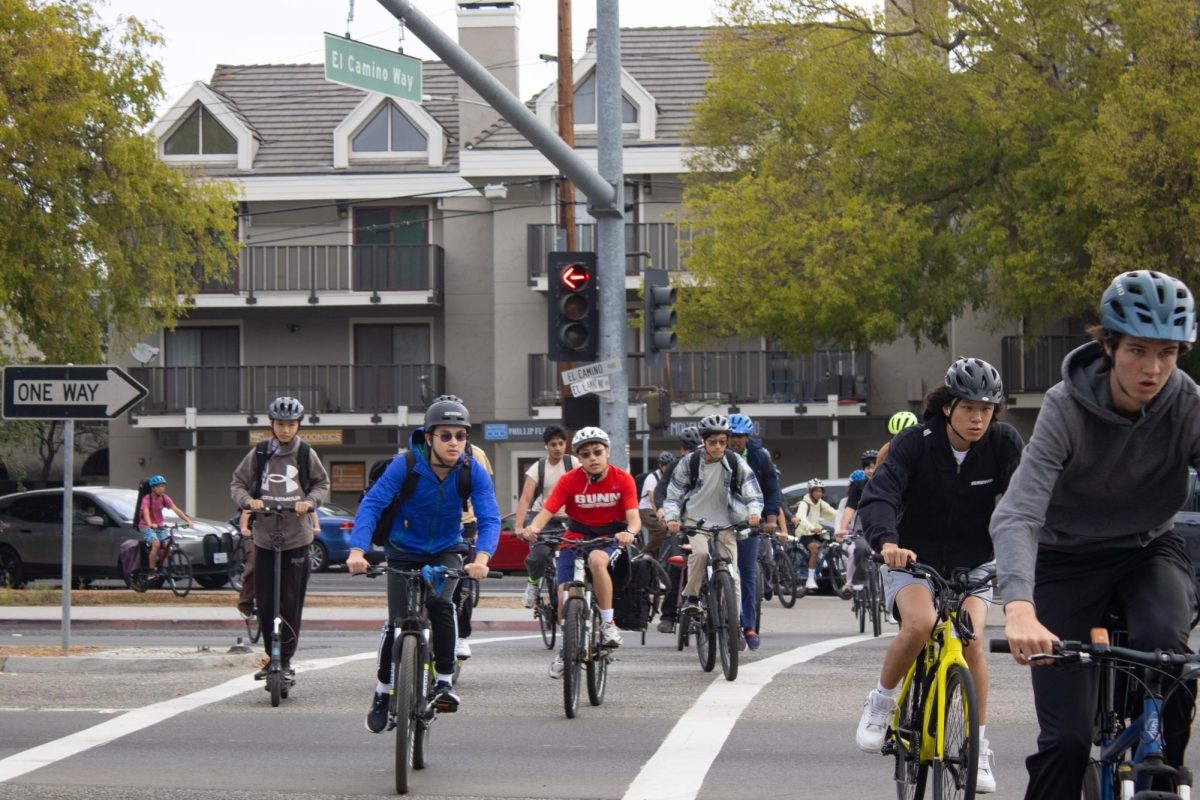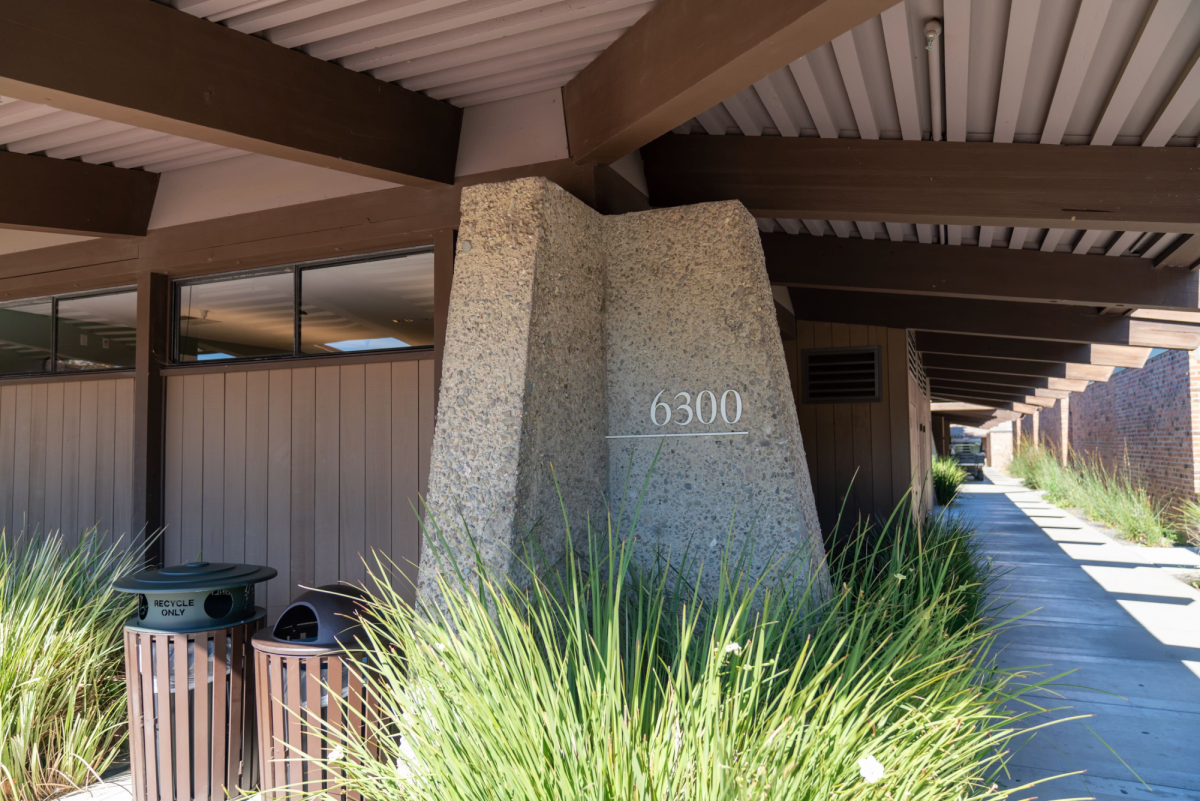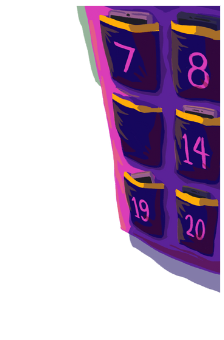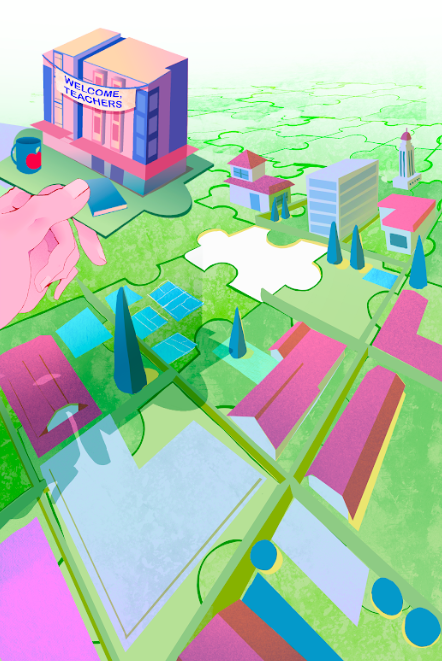Written by Janet Wang
In June, the Stanford Center for Youth Mental Health and Wellbeing acquired $600,000 in funding from Santa Clara County to create an innovative youth mental health facility in collaboration with the Student Wellness Committee. Though currently unnamed, the clinic will over offer off-campus mental health resources including counseling, outreach programs and mental health screenings throughout the county.
According to Stanford Psychiatry and Behavioral Sciences Clinical Professor Dr. Steven Adelsheim, the project was initiated at the Stanford Center for Youth Mental Health and Wellbeing a er he heard about the Headspace model.
Headspace, developed in Australia, is a model for stand-alone clinics that allow youth
to have access to programs that over physical health, mental health, academic and drug and alcohol support. The program also has a Youth National Reference group to ensure that all services incorporate youth voice and are youth driven.
Adelsheim says that there are currently no programs like Headspace in the United States, and he is looking to build two Bay Area sites based on a similar model. He believes that the facilities will be beneficial for adolescents in the community and is collaborating with Gunn mental health committees and administrators.
“Every month, I spend a morning with the mental health leadership at [Gunn],” he said. “We’re figuring out how to get services going that aren’t located at school where young people can go to get early mental health support if they don’t feel comfortable doing it at school.”
Student Body President Chloe Sorensen became involved in the initiative after a family friend told her about it at a Lucile Packard fundraising event, which Adelsheim also attended. “As soon as [my family friend] told me about it, I knew I wanted to be involved, because it’s always been one of my biggest dreams to have a center like this, and she was offering a concrete way for me to help make it happen,” she said.
After working together at a fundraiser, Sorensen introduced Adelsheim to the Student Wellness Committee—a group of eight students dedicated to mental health issues. “It’s kind of the group at Gunn that brings all of the other mental health initiative groups together— we’re people from ROCK, ARK and Sources of Strength,” Student Wellness Committee President junior Vidhu Navjeevan said.
Navjeevan says that the off-campus facilities will be beneficial to students who want privacy and year-long support. “Having a separate system that’s away from school is really important to make sure that students feel like they have an outlet if they don’t want their parents involved,” she said. “School is closed for three months and that might not be beneficial to someone who is going though something like depression, so having somewhere that is open all year and be like a second home is the most important thing.”




















